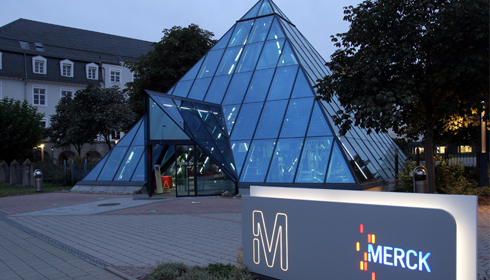
Merck's Winrevair Approval Raises Concerns Over Affordability for PAH Patients
Merck's recent approval of its sotatercept, marketed as Winrevair to treat pulmonary arterial hypertension (PAH) marks a significant milestone in the pharmaceutical industry. However, amidst the celebration of this medical breakthrough, concerns are being raised about the financial burden it may impose on patients, particularly those from economically disadvantaged backgrounds.
PAH is a rare and life-threatening disease characterised by narrowing blood vessels in the lungs, leading to increased blood pressure and ultimately heart failure. With roughly 40,000 individuals affected in the United States alone, PAH disproportionately affects middle-aged women, with nearly half succumbing to the condition within five years of diagnosis.
While the approval of Winrevair offers hope for patients, the exorbitant cost of therapy raises significant barriers to access. Merck has set the price of Winrevair at $14,000 per vial, with an annual cost totaling $238,000 for subcutaneous dosing every three weeks. This steep price tag places the treatment out of reach for many individuals, particularly those without adequate health insurance coverage.
The Institute for Clinical and Economic Review (ICER) recently conducted an analysis, suggesting that the price range for sotatercept should fall between $17,900 and $35,400 per year to align with the benefits patients are expected to receive. However, Merck's pricing strategy far exceeds these recommendations, further exacerbating concerns about affordability.
The financial strain imposed by Winrevair's high cost is particularly worrisome for individuals from economically disadvantaged sections of society. For patients like Nola, who was diagnosed with PAH after experiencing debilitating symptoms, accessing life-saving treatments becomes a daunting challenge.
Nola's journey highlights the struggles faced by many PAH patients, from grappling with debilitating symptoms to navigating a complex healthcare system. Despite her determination to manage her condition, Nola's experience underscores the importance of addressing the financial barriers that prevent individuals from accessing necessary treatments.
As Merck launches its outnumber PAH campaign, it is essential to consider the implications of high drug prices on patients' ability to afford treatment. While medical advancements offer hope for improved outcomes, equitable access to healthcare remains paramount.
In light of these concerns, advocacy efforts to address the affordability of PAH treatments are gaining momentum. Patients like Nola are advocating for themselves and others, urging policymakers, pharmaceutical companies, and healthcare providers to prioritise affordability and accessibility in the provision of life-saving therapies.
Ultimately, the success of Merck's Winrevair hinges not only on its efficacy in treating PAH but also on its affordability and accessibility for all patients in need. As stakeholders grapple with these challenges, it is imperative to prioritise patient-centric approaches that ensure equitable access to essential healthcare services, irrespective of socioeconomic status.